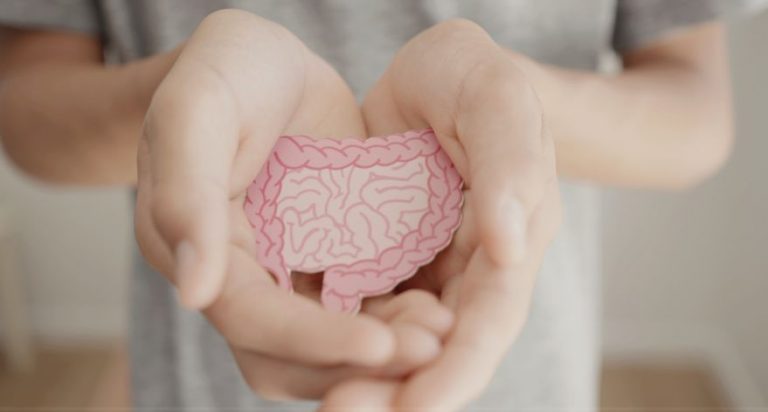The Hidden Symptoms of Ulcerative Colitis
The Importance of Gut Health
Knowing the signs of UC can help you get the right care. To help, there's ENTYVIO (vedolizumab), a medication used to treat ulcerative colitis (UC), a type of inflammatory bowel disease (IBD).
Signs of Ulcerative Colitis
1. Abdominal Pain
One of the main signs of ulcerative colitis is abdominal pain. This pain can be crampy and may feel worse after eating. Many people with UC have pain in the lower part of their belly. The discomfort can come and go, but it can be quite severe during flare-ups.
2. Frequent Bowel Movements
People with ulcerative colitis may have frequent bowel movements. This can mean going to the bathroom more than usual. Some people may have to rush to the bathroom, which can be very uncomfortable. They may also feel an urgent need to have a bowel movement, even if they don’t have much to pass.
3. Diarrhea with Blood or Mucus
Another sign of ulcerative colitis is diarrhea that may contain blood or mucus. This can be alarming and should not be ignored. The blood can make the stool look red or dark. The presence of mucus can also indicate inflammation in the intestines. If you notice blood in your stool, it is important to see a doctor right away.
4. Fatigue and Weakness
Many people with UC experience fatigue and weakness. This can happen for several reasons. The body may not absorb nutrients properly due to inflammation in the intestines. Some people also feel tired from the pain or stress of dealing with the disease. Feeling weak can make it hard to do daily activities.
5. Weight Loss
Weight loss can be a sign of ulcerative colitis. This can occur because of changes in appetite or difficulty eating due to pain. If the body is not absorbing nutrients well, it can lead to losing weight without trying. If you notice unexplained weight loss, it’s a good idea to talk to a doctor.
6. Fever
Some people with ulcerative colitis may have a low-grade fever. This can be a sign that the body is fighting inflammation. If the fever lasts for several days, it’s important to get medical help. A fever can indicate a flare-up or infection that needs treatment.
7. Skin Issues
Ulcerative colitis can also cause skin problems. Some people develop rashes or sores on their skin. These may be painful and red. Skin issues can happen because the body is dealing with inflammation and may need extra care. If you notice any unusual changes in your skin, be sure to mention them to your doctor.
8. Joint Pain
Joint pain is another sign that some people with ulcerative colitis may experience. This pain can occur in different joints, such as the knees or hips. It can make it hard to move or do normal activities. The pain may come and go, and it is important to talk to a doctor if you experience joint discomfort.
Treatments for Ulcerative Colitis
If you suspect you have ulcerative colitis, it is essential to see a doctor for a proper diagnosis. The treatment for UC can vary depending on the severity of the disease. Here are some common treatment options:
Medication
Doctors may prescribe medications to help manage symptoms. These can include anti-inflammatory drugs, immunosuppressants or biologics. These medicines can help reduce inflammation and keep symptoms under control.
Dietary Changes
Changing your diet can also help with symptoms. Some people find relief by avoiding certain foods that irritate their intestines. Keeping a food diary can help identify which foods to avoid. Staying hydrated is also important, especially if experiencing diarrhea.
Lifestyle Changes
Making some lifestyle changes can help improve overall health. Regular exercise can boost energy levels and help manage stress. Finding ways to relax, such as yoga or meditation, can also be beneficial.
Surgery
In severe cases, surgery may be necessary. Doctors may recommend removing part or all of the colon. This can help eliminate the symptoms of ulcerative colitis for some people.
ENTYVIO (vedolizumab)
Vedolizumab is a medicine used to treat certain diseases that affect the intestines, like ulcerative colitis and Crohn's disease. It works by helping to reduce inflammation in the gut. Vedolizumab is an injection that a doctor gives to patients. It helps the immune system not attack the intestines, which can make people feel better and help them have fewer symptoms. This medicine is usually used when other treatments haven't worked well.
Improving Your Gut
If you notice any signs of ulcerative colitis, don’t wait to seek help. Getting the right care early can lead to better health and a better quality of life. Always talk to a healthcare professional about your symptoms and treatment options.
Read on to learn about the signs of skin cancer.
